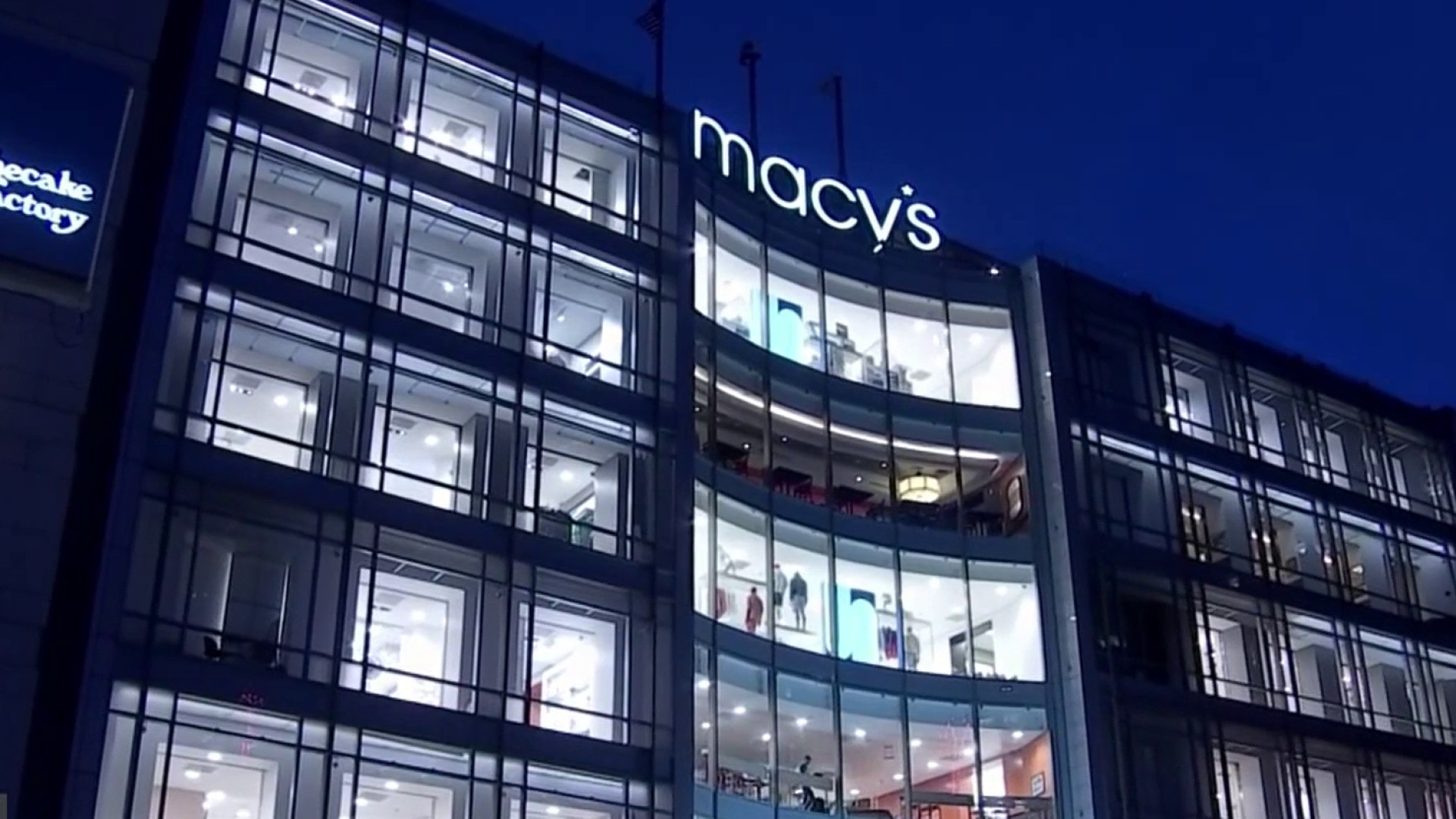One expert says San Jose State University is dropping the ball in the way it's dealing publicly with racial tensions on campus.
Back on Nov. 21, hundreds of angry students marched on the San Jose State University campus. Four of their white schoolmates are charged with hate crimes and battery after allegedly bullying and calling their lone black roommate “Three-Fifths” in reference to the slave era.
They’re also accused of putting a bicycle lock around his neck.
MORE: San Jose State Students Charged With Hate Crime
This week, the president of San Jose State announced a special task force and an independent fact-finding effort. But most of the president's messages over the last few weeks have been via email.
Brenna Bolger, the founder and CEO of PRX Digital, a San Jose public relations firm, says the university’s latest written message, which announced the fact-finding efforts and a special task force, is the last thing you want to do in crisis communications.
Bolger says Mohammad Qayoumi, the university president, needs to get in front of cameras to talk to people.
In the days since the charges were filed, Qayoumi has only made one public statement.
It was at an NAACP rally on campus, and it came five days after the arrests. The rest of his messages to the campus have come via email.
"That’s the public relations mistake that he's making at this point," Bolger said.
Local
MORE: Students Claim N-Word, Nazi Symbols Just "Prank," Not Racism
Bolger wonders who is advising the president in publicly handling the crisis.
The president has declined NBC Bay Area’s numerous requests for an on-camera interview, including Friday.
"The reason email doesn't work at this time is, people want to be in touch with a human being,” Bolger said. “They don't want to be involved with an email message. They want to see the person's eyes, look at his face, read their body language….Email should be, as a matter of fact, disallowed in a public relations crisis.”
Bolger gives President Qayoumi credit for bringing in a fact-finding expert and for appointing a task force to make recommendations.
That task force will be chaired by former Superior Court Judge LaDoris Cordell.
“The task force has to make meaningful recommendations that the university takes seriously and hopefully will implement," Cordell said.
MORE: California Hate Crime Reports Decreased in 2012
Cordell doesn’t have the names of who else will be on the task force, and she warns the administration about how it handles the fact-finder’s report, which is due on Jan. 31.
“Independent fact-finding that will be immediately made public. And it’s my belief the fact-finding report should have no edits, no redactions… that’s for the credibility of the whole fact-finding process," Cordell said.
In the meantime, Bolger said Qayoumi should get in front of a camera and talk to his students.
Judge Cordell is leading the panel pro bono. She says she will involve students from every race and gender to give input.
Cordell hopes to hand the president her task force report within 90 days.
MORE: SJSU Appoints Ex-Judge to Lead Panel to Probe Campus Hate Crimes



